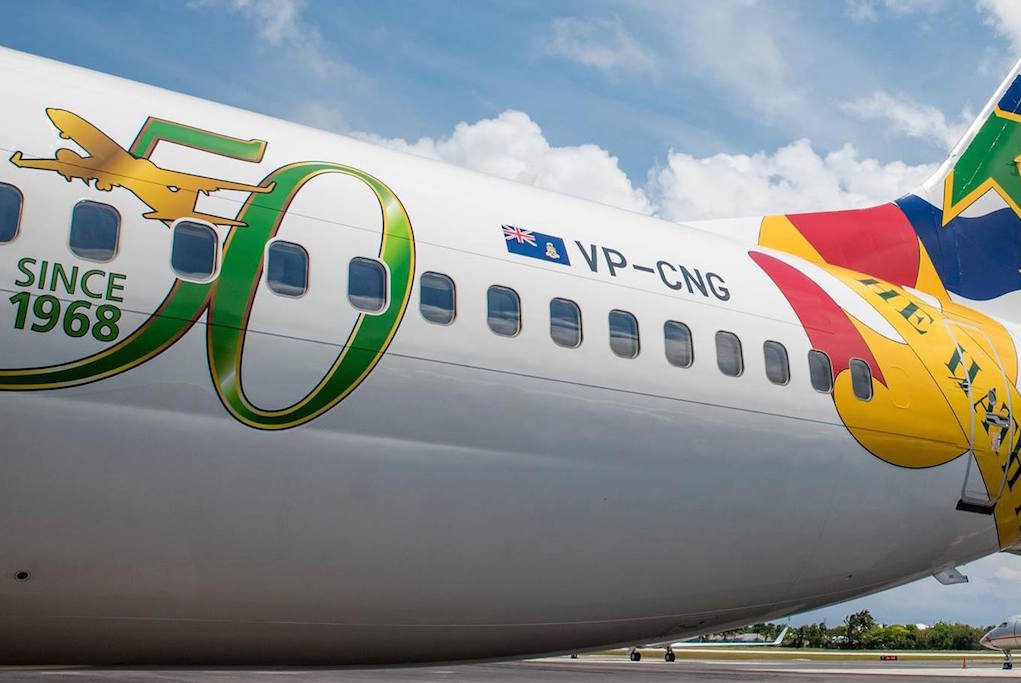Skift Take
Many politicians believe their nations must have a national airline. But in most cases, they're wrong. The weakest carriers probably should disappear, and the market can take care of the rest.
Does every country still need a national airline?
It’s a question I’ve been asking for the past couple of months to airline executives, government officials, and consultants. For the most part, the consensus is that as more countries adopt Open Skies agreements and open their borders with neighbors, each country no longer needs its own airline, particularly loss-making ones supported by governments.
I spoke with some colorful characters for the story, but none as quotable as Antonis Simigdalas, who founded Aegean Airlines in Greece two decades ago, effectively putting the decades-old national airline out of business. He’s a free-market guy to the core.
“If the choice was whether I wanted to have a national airline and pay a shitload of taxpayer money just to maintain the flag on airplanes, compared to having someone else come and fill the void, I’d choose someone else,” Simigdalas said. “If nations want their flags to be carried, they can do it in many other ways.”
Of course, not everyone agrees. Many governments see national airlines as “embassies with wings” and key tools for global trade. Others view their national airline as a public utility, and fear that if it goes out of business, no other carrier will backfill the routes. Some like having a national airline merely for patriotism, national pride, and nostalgia.
What do you think? Are national airlines still vital? Or can a country succeed without one?
— Brian Sumers, Aviation Business Editor [[email protected], @briansumers]
Stories of the Week
Why Do National Airlines Still Exist? Many politicians fear their nations will be irrelevant if they lose their money-losing flag airlines. That’s probably a stretch. In most places, the market likely would fill the gap — provided the government got out of the way. But national pride is powerful, and few people want to see storied brands disappear.
Why Airlines Should Be More Creative as They Weigh Fee Increases: Airlines need to increase revenue to offset higher fuel prices. They’ll do that two ways — by increasing fares and fees. But rather than simply raise each fee by a few bucks, can they be more creative? Perhaps it’s time for airlines to consider new ways to raise revenue.
United Is First U.S. Major Carrier to Match JetBlue’s Bag Fee Increase: While most Americans were getting an early start to a three-day holiday weekend last week, United became the first U.S. carrier to match JetBlue’s increase to $30 for a first checked bag within North America. Do you think United chose the Friday of Labor Day weekend just by chance for this news release?
Video: Inside Air Canada’s Digital Loyalty Strategy: I interviewed Air Canada loyalty and e-commerce guru Mark Nasr in June at Skift Tech Forum. You can watch the video here to learn why the airline is starting anew with its loyalty program.
The 20-Hour Qantas Marathon Flight Could Have Barbells and Bunks: Let’s give Qantas credit for teasing all the amenities it could offer on ultra-long-haul routes. But it’s starting to get old. It’s a big deal that Qantas wants to fly nonstop from Sydney and Melbourne to Europe. Isn’t that enough to get people excited? Do Qantas executives need to keep talking about stuff that probably never will exist on an airplane, like onboard gyms or nurseries? (Bunks and bars are more likely.)
Norwegian Air’s Planned Flights to Brazil Face Potential Headwinds: Deregulation has had many consumer benefits in Brazil. It’s why Norwegian Air is bulking up its operation there. But now, the government is trying to protect passengers from a barrage of fees, and Norwegian is not happy. “In order to enter a new market — and consequently creating new jobs and boosting economic value — for Norwegian it is crucial to be able to operate as a modern airline, not as an airline from the past,” a spokesman told Bloomberg.
American and Singapore Airlines Rework Loyalty Programs for China’s Alibaba: Foreign carriers are paying more attention to Fliggy, Alibaba’s online travel agency, according to this story from Jing Travel.
Long-Planned Carlsbad Airline to Start Service in November: A carrier called California Pacific Airlines finally expects to start flying later this year along the West Coast, according to the San Diego Union-Tribune. The airline has been trying to start for eight years, but it’s only possible now because it acquired another airline called Aerodynamics, which has an operating certificate. Anyone think this is a good idea?
Contact Me
Skift Aviation Business Editor Brian Sumers [[email protected]] curates the Skift Airline Innovation Report. Skift emails the newsletter every Wednesday. Have a story idea? Or a juicy news tip? Want to share a memo? Send him an email or tweet him.
The Daily Newsletter
Our daily coverage of the global travel industry. Written by editors and analysts from across Skift’s brands.
Have a confidential tip for Skift? Get in touch
Tags: airline innovation report, flag carriers
Photo credit: Cayman Airways is celebrating its 50th anniversary. The carrier is likely not profitable, but it probably won't disappear. Cayman Airways
